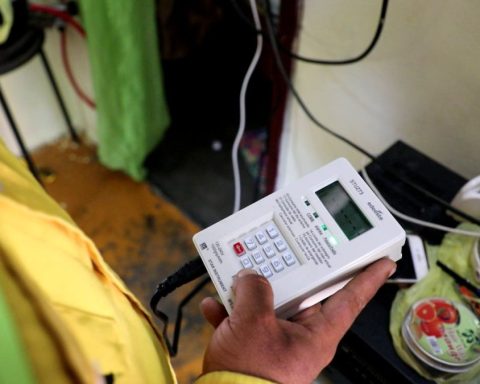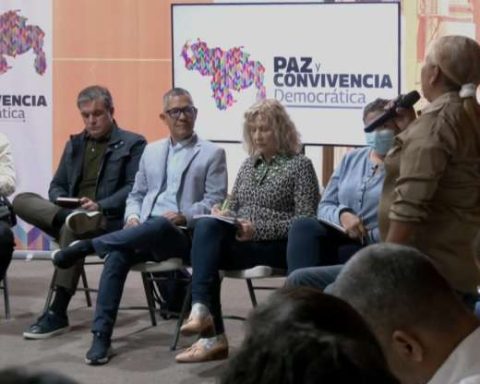In Cochabamba, productive sectors brought together in the National Agricultural Confederation (Confegaro) urgently demanded a dialogue with the heads of the Ministries of Rural Development and Lands and Productive Development and Plural Economy to draw lines of work in the short, medium and long term. to ensure food security and avoid product shortages.
“We consider that it is urgent to start coordinated work with the national authorities and the production sector so that the effort of both is more productive and of better benefit to the national population,” said the president of Confeagro, Óscar Mario Justiniano, clarifying that the The sector’s commitment is to supply food to the Bolivian population and offer themselves as facilitators of a dialogue between all private actors, producer associations and the national government.
According to Justiniano, the sector is in a compromised situation that requires joint work and commitment from all levels of government and the will to generate adjustments in production policies that benefit the sustainable development of the entire Bolivian production system.
Confeagro hints that there are special and specific issues that must be addressed, such as technologies applied to agriculture to increase production and productivity, exports that generate foreign currency income that support economic reactivation and job creation, health protocols, legal security, opening of international markets, effective actions to fight against smuggling. “These are issues that require joint analysis, work and development between the representative productive sectors and the national government,” Justiniano mentioned.
According to sectorial sources from Confeagro, in the meeting with the ministers of Rural Development and Lands and of Productive Development and Plural Economy, they will propose State strategies that visualize adjustments in agro-productive policies that lead to a true take-off of the economy, implement a plan measurable and achievable action with the common goal of contributing to the food sovereignty of our country and the supply demanded by the Bolivian population.
key day
According to official sources, today will be a crucial day for the country’s agricultural sectors that will meet with representatives of the Government and the Food Production Support Company (Emapa) to define the actions and measures that the state company will apply to guarantee the supply of corn to the producers of chicken and eggs, pork and milk in the national territory.
On Monday, after a meeting with the leadership of the livestock sector of Santa Cruz, the general manager of Emapa, Franklin Flores, indicated that the meeting scheduled for today will deal with the expansion of corn quotas, comprehensive work to implement actions of fight against smuggling, optimization of the supply of corn by Emapa and the production and supply of corn to small and medium producers.

















